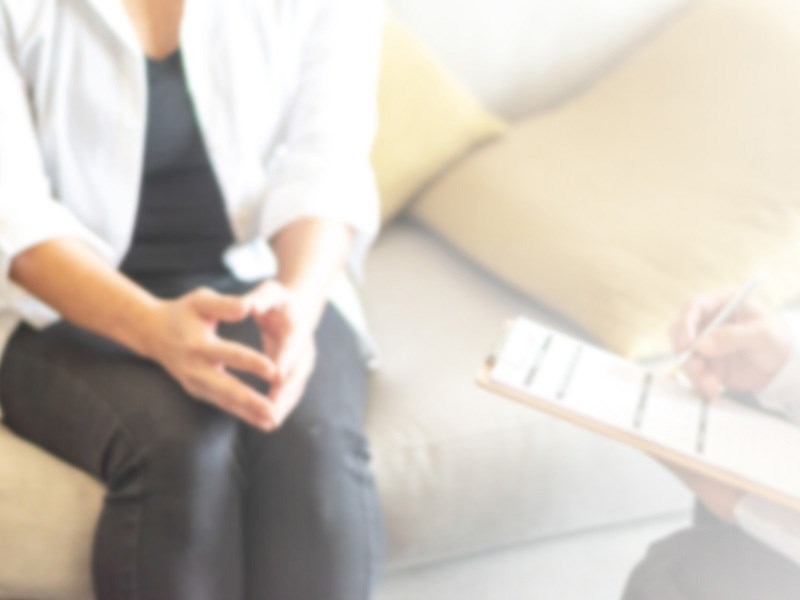In an attempt to control the bubonic plague, English King Henry VI banned kissing in the 15th century. In March, France’s minister of health suggested the same method for controlling COVID-19.
Personal contact has become one of the victims of the pandemic and will probably remain so for the foreseeable future. The handshake, perhaps the most common form of greeting in most cultures, is no longer advisable under social distancing guidelines. As well, the hug, a sharing of warmth, caring and understanding, has lost its role in human communication for the time being.
There is talk of “touch deprivation” resulting from these COVID-19 restrictions. Replacements for these interactions, from online meetings and parties to on-field foot and elbow bumps, seem artificial and awkward to many of us. Does this mean the end for human-to-human connection as we know it?
According to one poll, more than half of Canadians are experiencing isolation and loneliness because of COVID-19 restraints.
After months of self-isolation and social distancing, many are experiencing “quarantine fatigue,” a sense of exhaustion from the double and triple roles we now have to perform. At work, it is now teleworkers and Zoom meetings. At home, parents have now become educators and non-stop entertainers.
Although social commitments have disappeared, long telephone and video calls do not provide the warmth and togetherness humans crave. As more people start experiencing quarantine fatigue, it just makes sense to see how you, your friends and family, and your colleagues deal with it. As daily routines change drastically or disappear, it is important to replace them with new ones more in keeping with the current reality.
With facilities limited or unavailable and increased responsibilities at home, it may be tempting to let physical exercise slide. Physical exercise is one of the best ways to ensure mental health. Without exercise, it might become easier to over-engage in activities that will reduce your well-being, like eating and drinking.
Alcohol purchases during COVID-19 have increased substantially, raising concern that some may turn to substances to try to improve their mood. A sedentary lifestyle can lead to poor sleep and increased fatigue during the day. Combat this with a new schedule, one that leaves plenty of room to meet all your obligations, and be sure to leave plenty of time for yourself. Although humans are a social species, we all need time to ourselves as well, to “decompress.”
This may not be the best of times, but neither is it the worst of times. Thinking of others who share the COVID-19 hardships, but with less resources and options, can inspire people to donate or volunteer to help others.
Governments are doing the best they can to hurry the situation to a safe, if not happy, end. By supporting them and their efforts, people show more than support. They show a willingness to help their local and global communities to a safer, hopefully better, world.
Paul McIsaac is a registered clinical counsellor practicing in-person and by telephone in Powell River.



